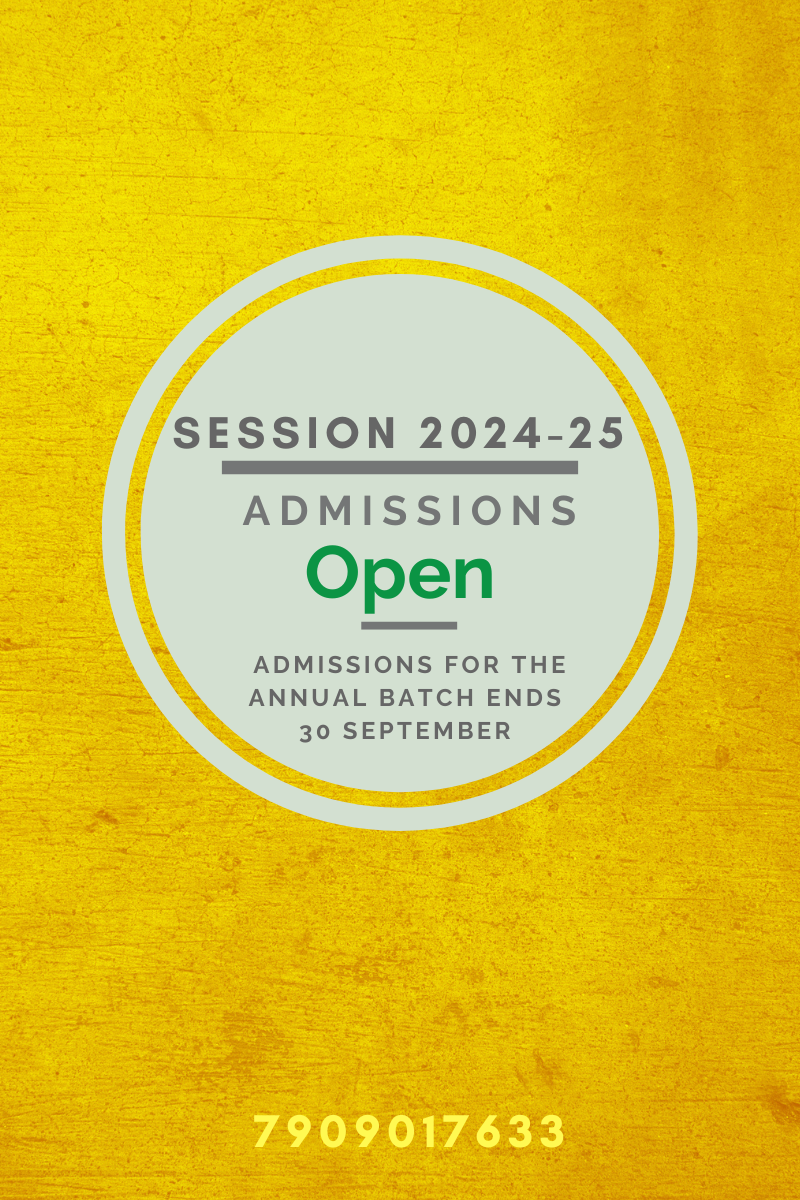Context
∙ The Union government recently introduced the Jammu and Kashmir Local Bodies Laws (Amendment) Bill, 2024 to provide reservation to OBCs in local bodies in J&K.
Key Features of the Bill
∙ The bill seeks to amend certain provisions of the Jammu and Kashmir Panchayati Raj Act, 1989, the Jammu and Kashmir Municipal Act, 2000, and the Jammu and Kashmir Municipal Corporation Act, 2000 in consonance with the provisions of Part IX and Part IXA of the Constitution of India.
∙ It is intended to bring consistency in the local bodies’ laws of the Union Territory of J&K with the provisions of the Constitution of India.
∙ Clause (6) of Articles 243D and 243T of the Constitution empowers the Legislature of a State to make provision for reservation of seats in any ‘Panchayat’ and ‘Municipality’ in favour of backward classes of citizens.
∙ The power to prepare and conduct local
body polls should be with the State Election Commission.
∙ Articles 243K and 243ZA: The superintendence, direction, and control of the preparation of electoral rolls for, and the conduct of all elections to the Panchayats and Municipalities is vested in a ‘State Election Commission’ consisting of a ‘State Election Commissioner’.
∙ The number of seats reserved for OBCs will be decided by a Commission that will be formed after the legislation has been passed by the Parliament.43. National Credit Framework
Syllabus :GS 2/Education
Prelims
In News
∙ The Central Board of Secondary Education (CBSE) is planning significant changes to the academic framework of Classes 9, 10, 11, and 12 as part of its plan to implement creditisation
National Credit Framework (NCrF)
∙ Background: Creditisation aims to establish academic equivalence between vocational and general education, facilitating mobility between the two education systems, as proposed by the NEP 2020.
∙ To implement this, the University Grants Commission had come up with the National Credit Framework (NCrF) in 2022.
∙ Overview : NCrF is a unified credit framework for the integration of training and skill development into schools and higher education.
∙ For a student in Class 9 to advance to Class 10, they will need to earn a specified number of credits.
∙ Eventually, the student will earn enough credits to be eligible to enrol in an undergraduate programme in a university.
∙ The credits earned by a student will be digitally stored in the Academic Bank of Credits and accessible through a linked Digilocker account.
∙ Implementation status : To implement this in its affiliated schools, the CBSE formed a subcommittee in 2022 that suggested how the current academic framework should be redesigned to align it with NCrF.
∙ Recent Proposal : The CBSE has urged principals of schools affiliated to the board to start contemplating the pattern for allocating credits to students for subjects, in line with the National Credit Framework.
∙ The CBSE has proposed that Class 10 and 12 students study more subjects, especially more native Indian languages.
∙ As per the existing regulations, a student has to pass in 5 subjects (two languages and three main subjects – maths, science and social science) to pass.
∙ a Class nine student passing with five compulsory subjects and completing internal assessment of remaining mentioned subjects will earn at least 40 credits.
∙ In case the student opts for a sixth or seventh subject, and passes the five compulsory subjects, extra credits totalling up to 54 can be earned.








